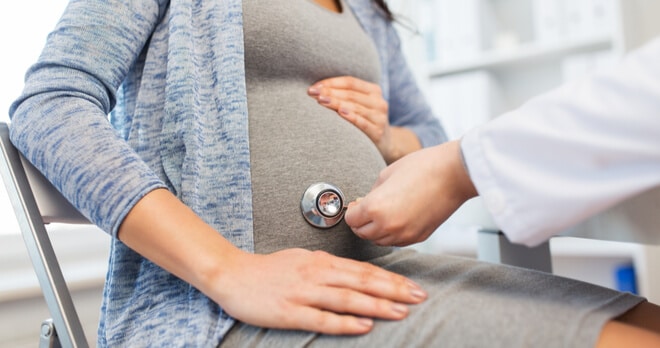The importance of antenatal pregnancy care during the Covid-19 pandemic

In early May 2020, the chief executive of the Royal College of Midwives, Gill Walton, presented to the government’s health and social care committee her concerns that high-risk pregnancies may be missed during the pandemic.
The purpose of maternity safety measures in pregnancy was noted by Mr Jeremy Hunt to be to: “prevent stillbirths, complications or even the death of a baby”. Concerns were raised at this meeting that, due to the reduction in face-to-face consultations as well as missed appointments and scans, at-risk pregnancies could not be diagnosed effectively.
When the concerns were put to Ms Walton by the select committee she endorsed the same fears stipulating that:
“Some of that is related to the fear of the pregnant population and presenting to maternity services during the pandemic…That fear then prevents them sometimes just picking up the phone to call their midwife to say that they may be concerned about not feeling well, or that they’ve got reduced fetal movements.”
The issues facing antenatal pregnancy care
Although maternity services have gone to great lengths to ensure that women are followed up, scans are booked in and reviews are made when required, there are still likely to be a number of women who will slip through the net or who will not seek the care they are advised to take.
Women may also find it hard to communicate over the telephone or over virtual services, so that they do not present their symptoms in the same way they would in a face-to-face meeting. As maternal safety is a top priority for medical staff, so should it also be for pregnant women in ensuring they are properly reviewed both as part of standard care and if they have concerns regarding the safety of their unborn child.
The Royal College of Obstetricians and Gynaecologists were extremely concerned about reports that women were not seeking to access medical care in the event they had concerns, and campaigned via their social media for women to contact their midwife if they were worried about their own health or that of their baby’s. They also reinforced the message that it was very important to continue to attend all antenatal appointments. This message was particularly re-enforced for women from a BAME background as it was discovered from Covid-19 statistical reviews that they were at particular risk if infected with the virus.
Is there an issue yet?
There is no direct statistical evidence available as yet to suggest that there has been any significant increase in neonatal care complications or deaths as a direct result of either Covid-19 infection or the generic consequences of the pandemic.
This information is unlikely to be available for some time, but it is sincerely hoped that the vast majority of women and their unborn babies have remained safe and well under the superb NHS maternity care offered to them, in spite of the impact of this terrible pandemic.